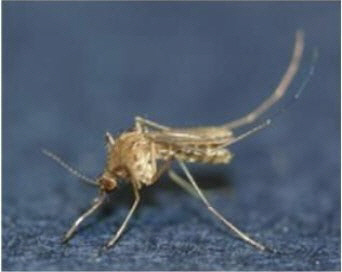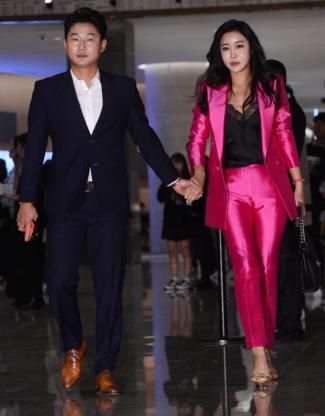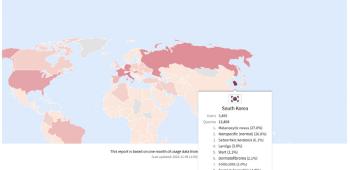Allergy-inducing ingredients detected in some mosquito repellent...There's a small amount of carcinogens
Aug 11, 2025
|
The Seoul Institute of Health and Environment analyzed the safety of 52 mosquito repellents and found allergy-causing ingredients or carcinogens in some products.
Of the 52 cases surveyed, 39 cases were found to contain more than 0.01% of allergy-causing ingredients such as geraniol, citronellol, and linalool.
As a result of collecting 52 mosquito repellents, including spray type, roll-on type, patch type, and band type, 28 of the mosquito repellents belonged to non-medical products, and the rest were classified as industrial products, household chemical products subject to safety confirmation, and cosmetics.
In some household chemical mosquito repellents, methyl eugenol, a carcinogenic substance (group 2B) designated by the International Cancer Institute (IARC) under the World Health Organization (WHO), was detected less than 4 ppm (1 ppm was 0.0001%). This is within the range of non-drug standards (less than 10 ppm), but there is no relevant standard for household chemical products.
"While non-drug products have strict ingredient standards and labeling obligations, industrial products and household chemical products have limited ingredient labeling obligations and have low access to information only when the allergy-causing ingredients are above a certain concentration (0.01%)," the researcher said. "When purchasing mosquito repellents, it is safe to check whether the product surface is marked with 'drugs' before comparing the active ingredients."
This article was translated by Naver AI translator.














